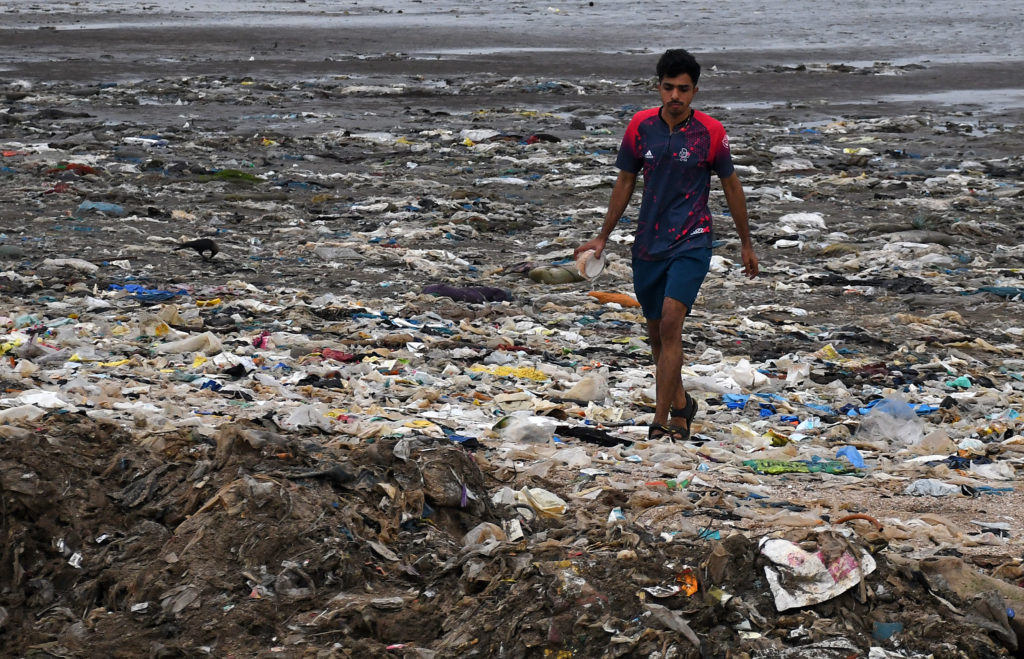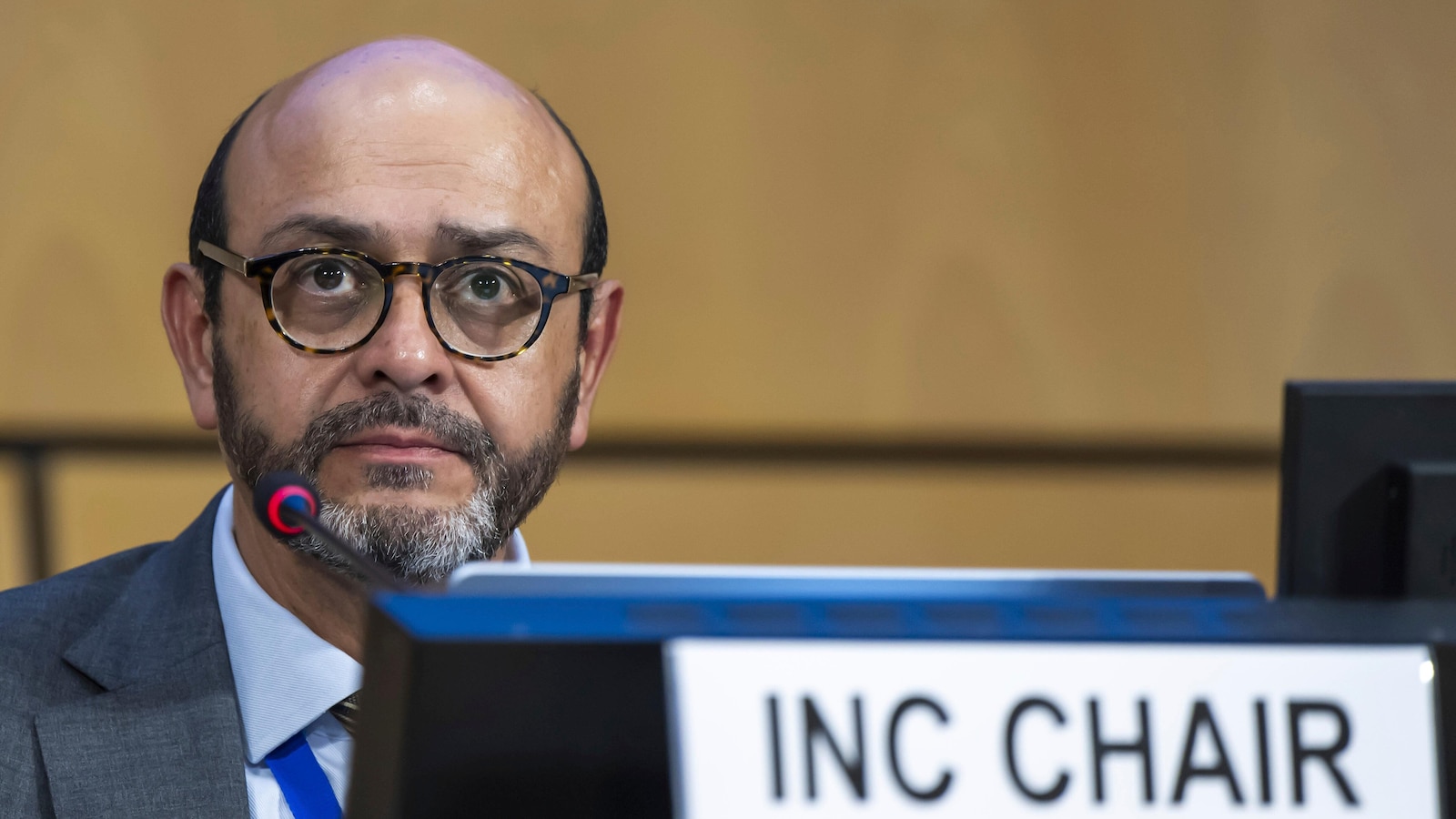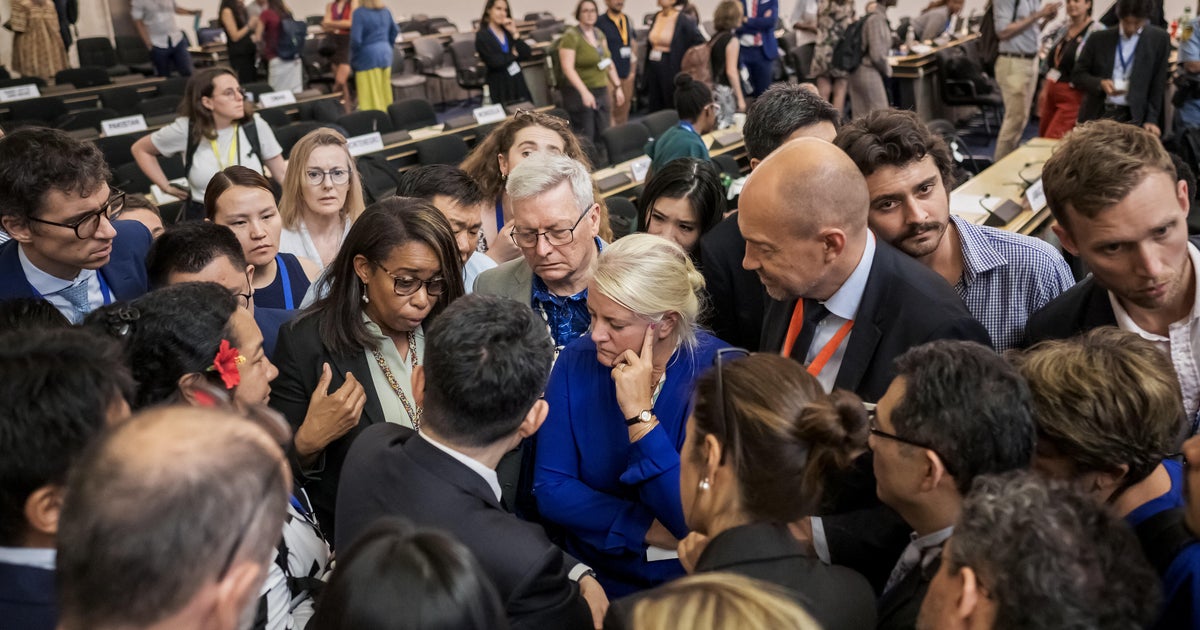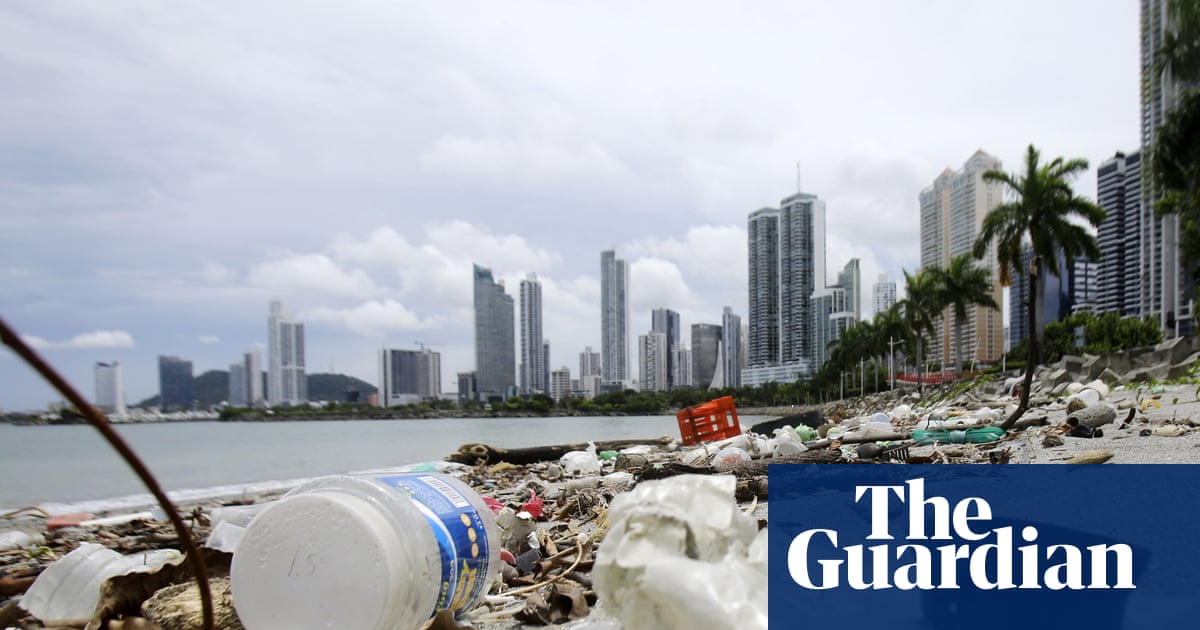Global Plastic Treaty Talks Collapse Amid Divisions Over Production Limits
Global negotiations for a landmark plastic pollution treaty collapsed due to deep divisions, primarily over production limits opposed by oil-producing nations and the plastics industry, adjourning without consensus.
Subscribe to unlock this story
We really don't like cutting you off, but you've reached your monthly limit. At just $5/month, subscriptions are how we keep this project going. Start your free 7-day trial today!
Get StartedHave an account? Sign in
Overview
- Global negotiations for a landmark plastic pollution treaty recently collapsed, failing to reach an agreement despite intense discussions among participating nations on critical environmental issues.
- The primary reason for the breakdown was deep divisions among countries, particularly concerning the inclusion of production limits within the proposed plastic pollution treaty framework.
- Powerful oil- and gas-producing nations, alongside the influential plastics industry, actively opposed the imposition of production limits, significantly hindering progress in the negotiations.
- The meeting was ultimately adjourned by the chair without a consensus, indicating that the crucial talks will need to resume at a later, unspecified date to continue efforts.
- Representatives from numerous nations expressed significant disappointment over the failure to secure an agreement, highlighting the ongoing challenge of addressing global plastic pollution effectively.
Report issue

Read both sides in 5 minutes each day
Analysis
Center-leaning sources collectively frame the failed plastic treaty talks as a significant setback for addressing a growing global crisis. They emphasize the disappointment of many nations and environmental groups, while highlighting the opposition from oil-producing countries and the plastics industry to production limits. The narrative underscores the urgency of the pollution problem and the perceived obstruction to a comprehensive solution.
Articles (6)
Center (3)
FAQ
The main points of contention were disagreements over including production limits on plastics. Nearly 100 countries pushed for measures to curb plastic production, but oil- and gas-producing nations like the US, Russia, and Gulf states, along with the plastics industry, opposed these limits.
Fossil fuel-producing nations such as Gulf states, Russia, and the United States strongly opposed the inclusion of provisions aimed at reducing plastic production in the treaty.
The UN Environment Programme (UNEP) was responsible for managing the talks, but several countries expressed disappointment with how the process was managed during the negotiations.
The final session was cut short after the United States and Kuwait requested it, with Kuwait citing health issues due to delegate exhaustion from long hours. This suggests that the negotiation process was intense and exhausting for participants, contributing to frustrations.
The chair adjourned the meeting without agreeing on next steps, stating that talks will resume 'at a later date' which has yet to be decided. No clear pathway forward was agreed upon following the collapse.
History
- 3M

 3 articles
3 articles





